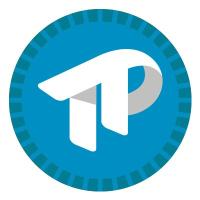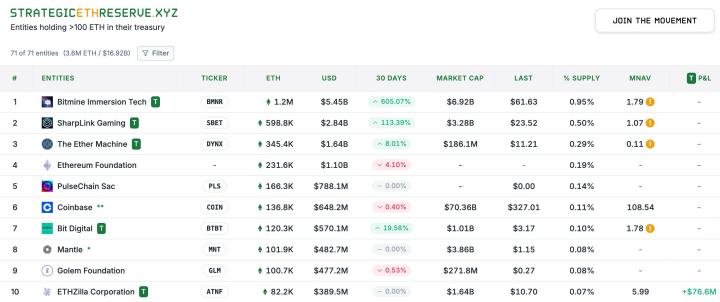According to Messari Research, the Solana-based DeFi protocol Jupiter is dominating the aggregator market and evolving into a DeFi super app. As of the second quarter of 2025, Jupiter has recorded over 90% of the aggregator trading volume within Solana and 50% across all blockchains, ranking first globally in DEX aggregator trading volume.
Launched in October 2021, Jupiter has been providing users with optimal trading routes by integrating liquidity between multiple automated market makers (AMMs) and order books. Initially focused on decentralized exchange integration, it later innovated routing features such as real-time slippage estimation, dynamic fees, and 'Ultra Mode'. Leveraging this efficiency, it facilitated 1.4 billion swaps and approximately $80 billion in trades during the second quarter. Messari Research analyzed that Jupiter is now positioning itself as a super app encompassing the entire DeFi ecosystem beyond a simple trading interface.
Jupiter's core is a community-driven tokenomics structure. The governance token JUP was airdropped to over 600,000 wallets in early 2024, launching transparently without VC pre-allocation or over-the-counter trading. 30% of the total supply, or 3 billion tokens, were equally burned from community and team allocations. Half of the fee revenue is used to repurchase JUP tokens in the open market and accumulate them in the 'Litterbox' community-specific wallet. This can be considered a value accumulation model based on usage. Currently, there are approximately 920,000 on-chain holders. Messari Research reported that transparent audit disclosures and buyback policies are strengthening community trust.
Its product lineup is also expanding rapidly. It is expanding its lineup to include perpetual DEX, portfolio tracker, mobile app, pro trading terminal, and Jupiter Studio launchpad. Recently, it has acquired multiple projects beyond the Solana ecosystem, such as the Cosmos-based aggregator 'Coinhall', Non-Fungible Token platform 'DRiP', and meme coin-specific exchange 'Moonshot', strengthening its ecosystem alignment. Total revenue in the second quarter was $38.4 million, with perpetual trading accounting for 54.5% and Ultra Mode revenue for 30.8%. Mobile app downloads reached 820,000, with over 500,000 monthly portfolio users.
Jupiter plans to launch 'Jupiter Lend' in mid-August 2025, supporting lending and borrowing. This new money market, integrating Fluid's backend liquidity function, aims to target the loan sector, the second-largest TVL in Solana DeFi, with an incentive budget of over $1 million. Messari Research predicted that this would accelerate Jupiter's horizontal and vertical expansion.
Ultimately, Jupiter aims to build a new infrastructure system through 'JupNet' that coordinates the complexity between blockchains, wallets, and user identities beyond DeFi. Combining DOVE Network, Omnichain Ledger, and Autonomous Digital Identity (ADI), JupNet will focus on user experience, hiding Web3's complexity and providing a unified account-based structure. It is currently in the internal testnet stage, with public release scheduled for early fourth quarter of 2025.
Starting as a simple trading engine, Jupiter quickly expanded horizontally to a DeFi platform and is now initiating vertical expansion into lending and infrastructure. The announcement of JupNet, encompassing all blockchains and user accounts, shows how the protocol aims to become the 'aggregator of everything' in future Web3. Jupiter's next step is not just the pinnacle of DeFi, but establishing digital economic infrastructure in the multi-chain era.
Real-time news...Go to TokenPost Telegram
<Copyright ⓒ TokenPost, Unauthorized Reproduction and Redistribution Prohibited>







